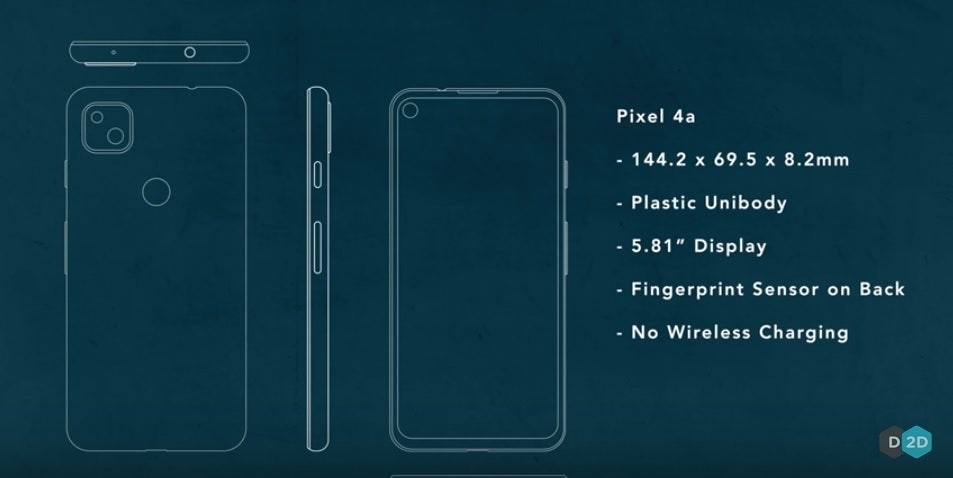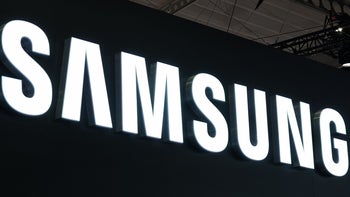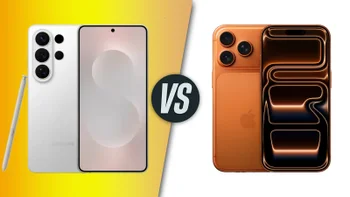Google finds a new reason to move Pixel 4a and Pixel 5 production out of China

Back in August, we told you that the U.S. trade war with China had led Google to move production of its Pixel phones out of China and into Vietnam. At the time, the Trump administration had imposed a tariff on certain products imported into the U.S. from China and that was supposed to include smartphones starting in December. Remember, when the president tweets that the U.S. is raking in millions from China because of the tariffs, that is simply not true. Tariffs are an import tax that U.S. companies and consumers pay.
The reason to move production out of China has changed from the trade war to the coronavirus
So let's see how the tariffs might have affected Google's smartphone business. Google designs the latest Pixel and has the phone manufactured in China. When these phones are shipped into the U.S., Google is forced to pay the import tax. The company could decide to eat the additional cost itself or pass the increase on to consumers in the form of higher prices. As part of its Phase One trade agreement with China, the U.S. agreed to drop the tariffs on $160 billion worth of imports from China including cellphones. But prior to that agreement being reached, Google decided to move production of the Pixels to an old Nokia phone factory in Northern Vietnam. No one could have seen a deadly disease coming at the time, but now that the deadly coronavirus has closed assembly lines in China and has shuttered factories along the supply chain, Google's decision to move production to Vietnam was a fortunate and fortuitous one.

The Google Pixel 4a mid-ranger could start to be mass-produced in Vietnam starting in April
According to the Nikkei Asian Review, Google is set to start production of the mid-range Pixel 4a in Vietnam beginning this April. And a pair of sources with knowledge of Google's plans say that it will use the same facilities to manufacture the next Pixel flagship series (the Pixel 5) during the second half of the year. Google has also asked one of its manufacturer partners to produce its popular smart speakers and smart displays in Thailand.
After category creator Amazon, Google is the second largest smart speaker manufacturer in the world. These devices, like the Nest Mini, will start shipping from Thailand during the first half of 2020. As for the Pixels, they were the sixth most popular handsets in the U.S. last year and global shipments of Pixel handsets rose 50% in 2019. That hike in demand was due to the strong reception for the mid-range Pixel 3a family. The Pixel 3a costs as low as $399 and includes the outstanding computational photography system that Pixels are known for.
Also making the move out of China and into Vietnam is Microsoft. The latter plans to build its Surface products including the Surface Pro and Surface Go tablets in Vietnam starting in the second quarter of this year. It isn't clear whether this will include the upcoming Surface Duo dual-display phone. A supply chain executive who has direct knowledge of Microsoft's plans told the Nikkei that "The volume in Vietnam would be small at the beginning, but the output will pick up and this is the direction that Microsoft wants."
Another supply chain executive reiterates that he reason manufacturers are now moving out of China has shifted from the tariffs and the trade war to the fast spread of the coronavirus. "The unexpected coronavirus hit will definitely push electronics builders to further seek production capacity outside their most cost-effective production base of China," said the executive. "No one could ignore risks after this. ... It's more than just cost -- it's about continuity of supply chain management."
Microsoft is rushing its move out of China because of the coronavirus. The disease has also led Google to ask suppliers to determine how much it would cost to move their production equipment out of China and into Vietnam. But even with the move, both Google and Microsoft will still have to deal with obtaining some supplies from China.
While Apple has considered moving production of some devices to Vietnam the company ships over 200 million handsets a year compared to the 7 million that Google delivered last year. The sheer size of Apple's iPhone business compared with Google's Pixel business means that it would be much harder for Apple to put together a supply chain for factories locted in Vietnam.
If the coronavirus continues to spread, there may be no safe place to set up operations anywhere in the world.
Follow us on Google News














Things that are NOT allowed:
To help keep our community safe and free from spam, we apply temporary limits to newly created accounts: